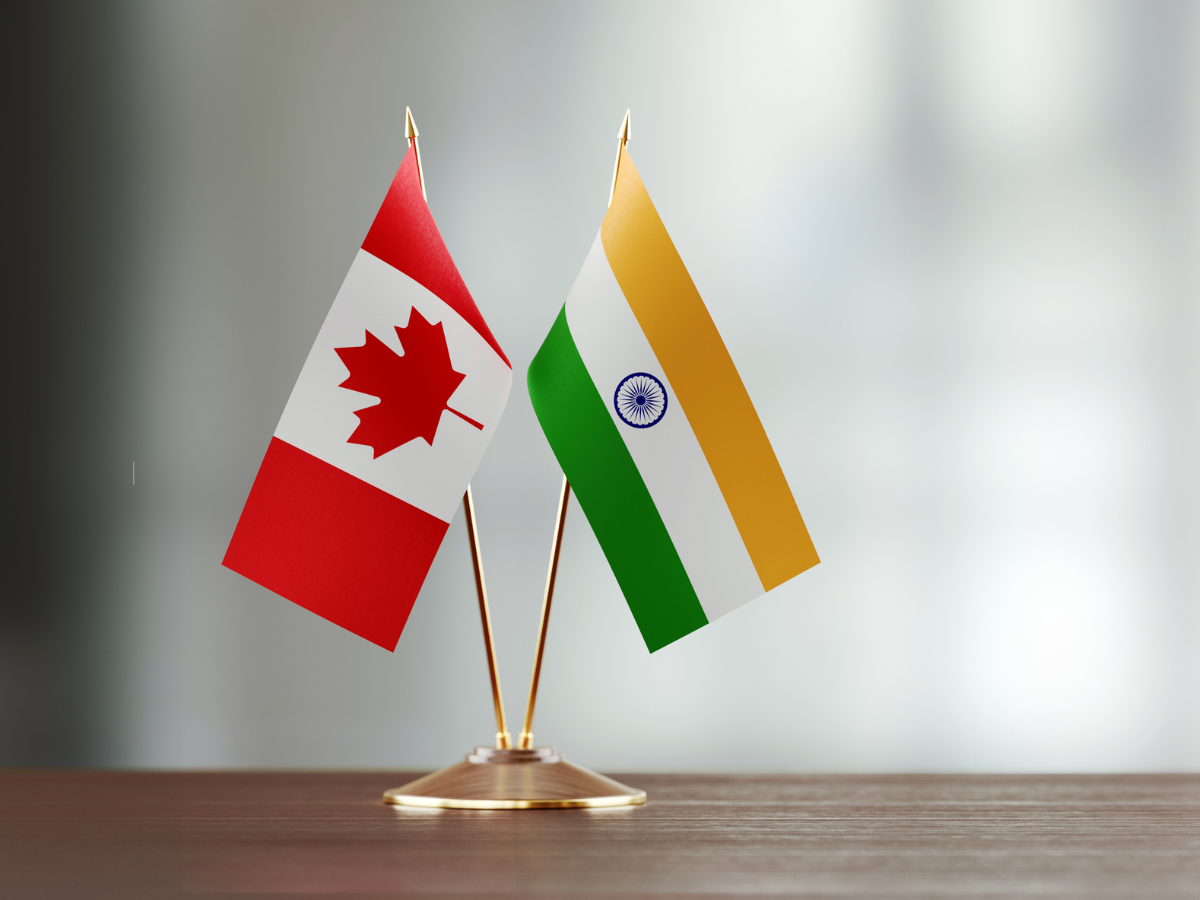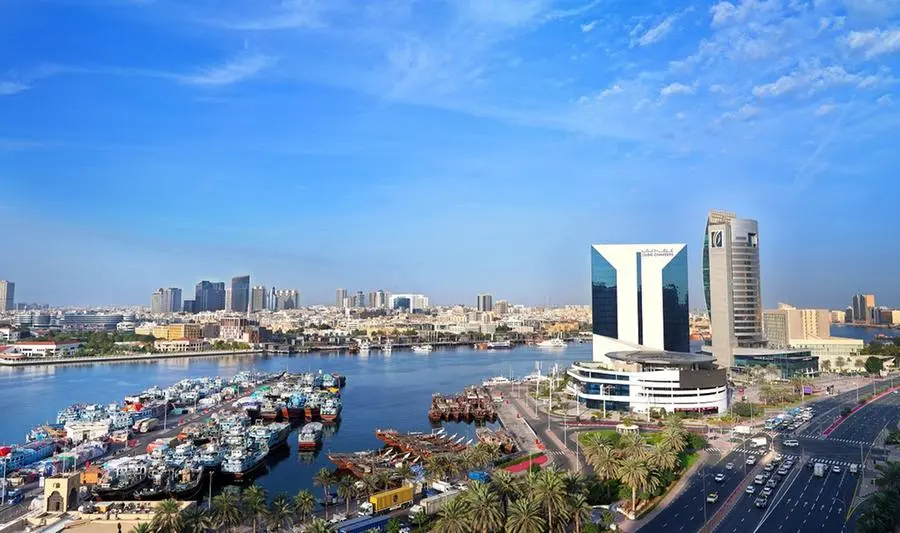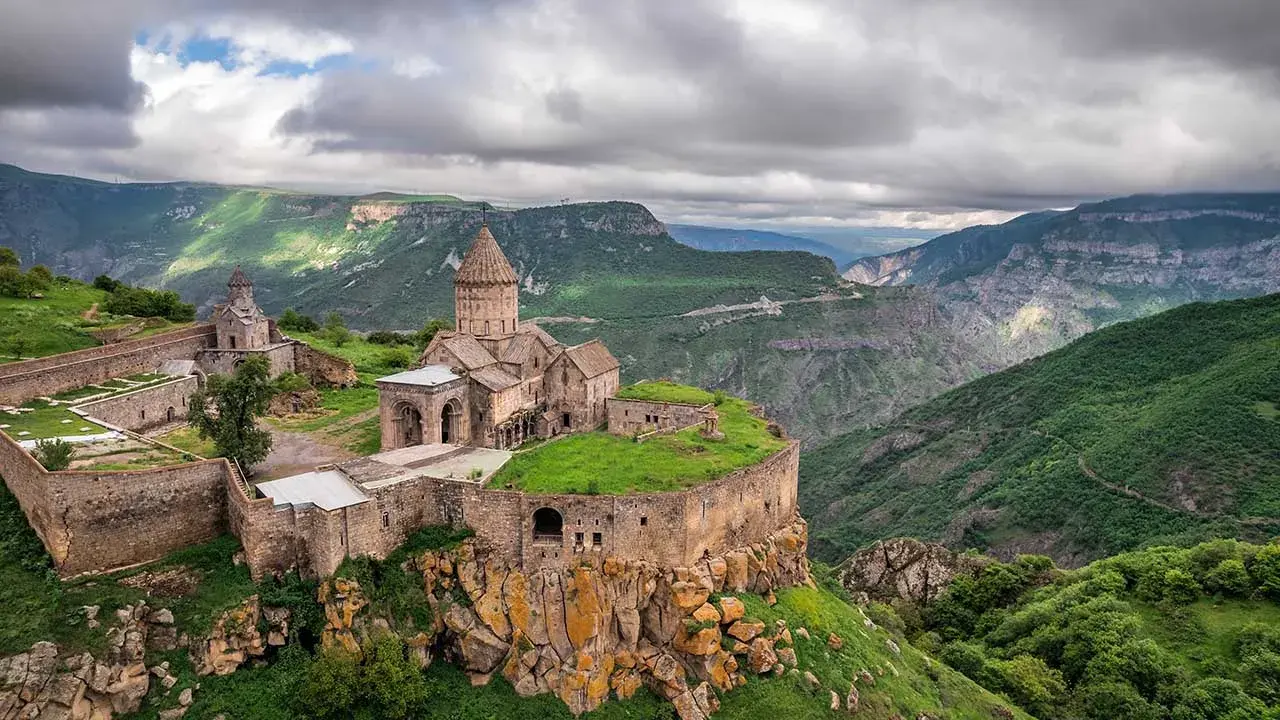As the global Indian diaspora grows more visible, questions emerge about balancing cultural expression with local norms in host countries
The Indian diaspora has been making headlines across several countries in recent weeks — not only for its cultural vibrancy but also for incidents that have tested the limits of public tolerance. While India’s overseas communities have long served as cultural ambassadors, some recent acts have sparked debate over where cultural celebration ends and public nuisance begins, reported thehindu.com.
The immersion of Ganapati statues in local water bodies and the bursting of Deepavali fireworks in public areas have drawn criticism in countries like Canada, Australia, and the United States. In Edmonton, Canada, Deepavali celebrations took a dangerous turn when fireworks set two homes ablaze, prompting a sharp response from the police, who reminded residents to “light up your home, not your neighbour’s roof.” Three men have since been charged with arson.
Cultural pride has turned into controversy in parts of the world, prompting reflection on how diaspora diplomacy can coexist with respect for host country norms
Elsewhere, anti-immigrant and nativist groups in Australia have begun singling out Indian migrants, while in North America, nationalist campaigners increasingly target people of Indian origin. These tensions highlight the growing cultural and political visibility of the Indian diaspora — a community that now faces both external scrutiny and internal reckoning.
India’s challenge: diaspora pride vs. global diplomacy
India’s outreach to its diaspora — often framed as “diaspora diplomacy” — has played a vital role in strengthening international ties. However, the recent controversies reveal the limits of cultural nationalism abroad. For India, the challenge lies in supporting its overseas communities without endorsing actions that conflict with local laws or disrupt social harmony.
The broader conversation extends beyond India alone. Issues of discrimination, racism, and integration are global in nature, and as India’s diaspora continues to grow, its members will increasingly navigate complex intersections of identity, belonging, and responsibility.











